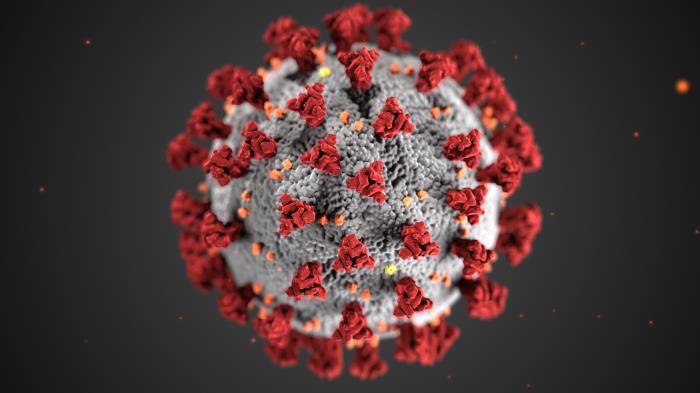Medical experts at Endoverse, the UK’s first organisation dedicated to endocannabinology, have welcomed two recent studies by Bristol University which may further highlight the importance of fatty acids and vitamin intake.
The first study identified linoleic acid binds to part of the coronavirus’s spike protein and in turn reduces its ability to infect. The second study discovered the potential for fat-soluble vitamins D, K and A to bind in the same way.
Medical experts at Endoverse believe the key to optimum health is ensuring the correct balance of the endocannabinoid system (ECS). Through a mixture of consultations, lifestyle adaptations and supplements, in particular fatty acids and Vitamin D, Endoverse works with patients to achieve their health goals.
Endocannabinology is the study of the function of the ECS and research has linked this key internal system to a number of areas including sleep, the immune system, digestion, fertility and stress.
A study conducted by an international team of scientists at Bristol University, found a feature of the SARS-CoV-2 virus that could be used to stop it from infecting human cells.
Spike proteins stick out of the surface of the coronavirus particle and bind to the human cell surface, which allows the virus to penetrate and replicate. The study found a linoleic acid molecule within the Spike protein, buried in a tailor-made pocket.
Linoleic acid is polyunsaturated omega-6 fatty acid and is one of the two essential fatty acids for humans which are not produced by the body and must be obtained through diet.
The study was expanded further when a second research piece predicted vitamins D, K and A may bind in the same way.
Endoverse Chief Medical Officer, Dr Kristina Ranna, said: “These findings fit in with our philosophy of ensuring diet has an adequate intake of essential fatty acids in the appropriate ratio, plus moderate supplementation of vitamin D. “
“The role of fats in our bodies is extremely complex and it is still really important to eat natural unprocessed food with a balanced amount of all macro and micronutrients.”
The game-changing research could be used to improve treatments of COVID-19 but also to develop anti-viral small molecules to defeat the disease.
Dr Deborah Shoemark, Senior Research Associate (Biomolecular Modelling) in the School of Biochemistry, who modelled the spike in the second study, said: “Our findings help explain how some vitamins may play a more direct role in combating COVID than their conventional support of the human immune system.
“Our research suggests that some essential vitamins and fatty acids, including linoleic acid, may contribute to impeding the spike/ACE2 interaction. Deficiency in any one of them may make it easier for the virus to infect.”

